The commonest mistake in history is underestimating your opponent; it happens at the poker table all the time
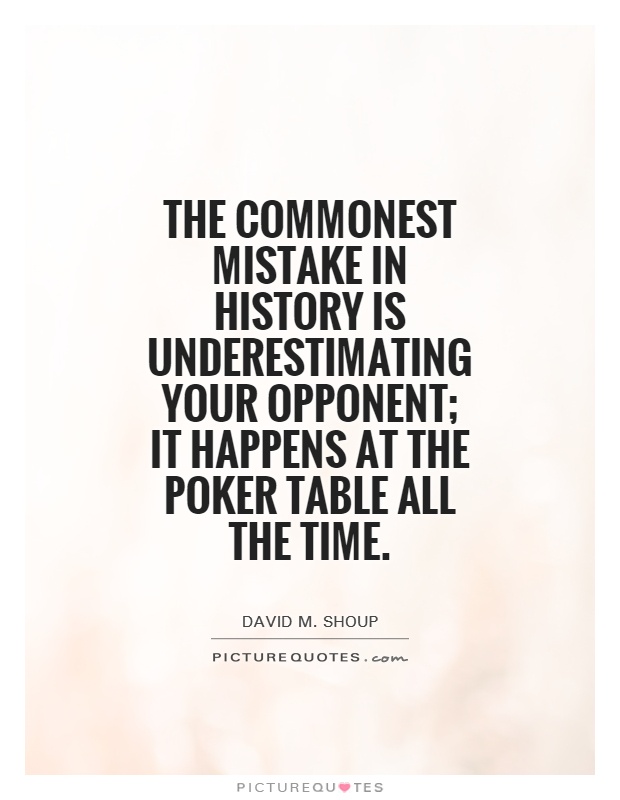
The commonest mistake in history is underestimating your opponent; it happens at the poker table all the time
David M. Shoup, a highly decorated Marine Corps general and Medal of Honor recipient, understood the importance of never underestimating his opponent. Throughout his military career, Shoup demonstrated a keen awareness of the dangers of complacency and the potential consequences of underestimating the enemy. This mindset was not only crucial on the battlefield but also in the strategic planning and decision-making processes that ultimately determined the outcome of conflicts.Shoup's experiences in World War II and the Korean War taught him valuable lessons about the perils of underestimating the enemy. In both conflicts, he witnessed firsthand the devastating impact of underestimating the enemy's capabilities and resolve. Shoup understood that a failure to accurately assess the strength and intentions of the enemy could lead to disastrous consequences, including unnecessary casualties and strategic setbacks.
One of the key principles of warfare that Shoup embraced was the importance of gathering intelligence and conducting thorough analysis of the enemy's capabilities and intentions. By carefully studying the enemy's tactics, strengths, and weaknesses, Shoup was able to develop effective strategies and countermeasures to neutralize potential threats and exploit enemy vulnerabilities. This proactive approach to intelligence gathering and analysis enabled Shoup to anticipate and respond to enemy actions with precision and decisiveness.
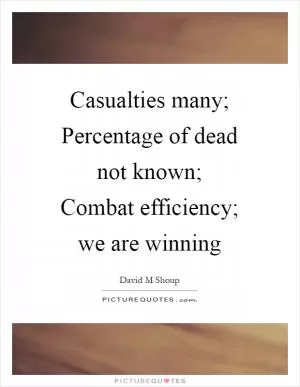

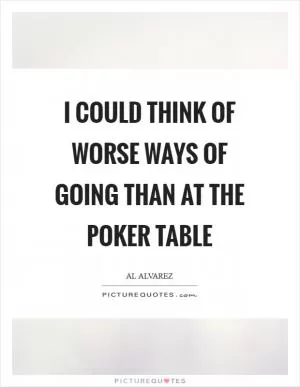


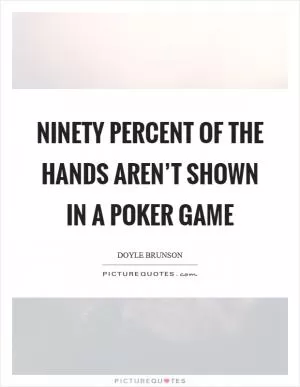
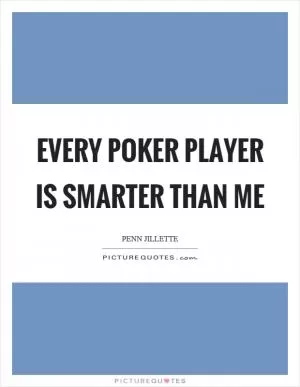
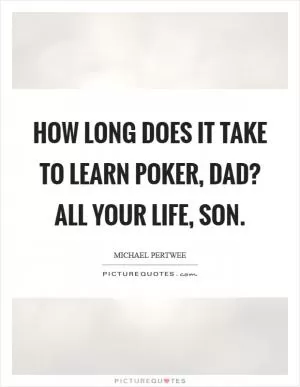

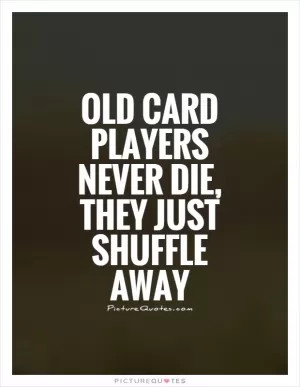
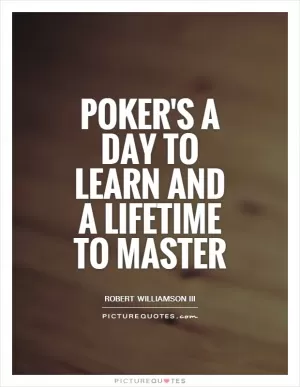

 Friendship Quotes
Friendship Quotes Love Quotes
Love Quotes Life Quotes
Life Quotes Funny Quotes
Funny Quotes Motivational Quotes
Motivational Quotes Inspirational Quotes
Inspirational Quotes